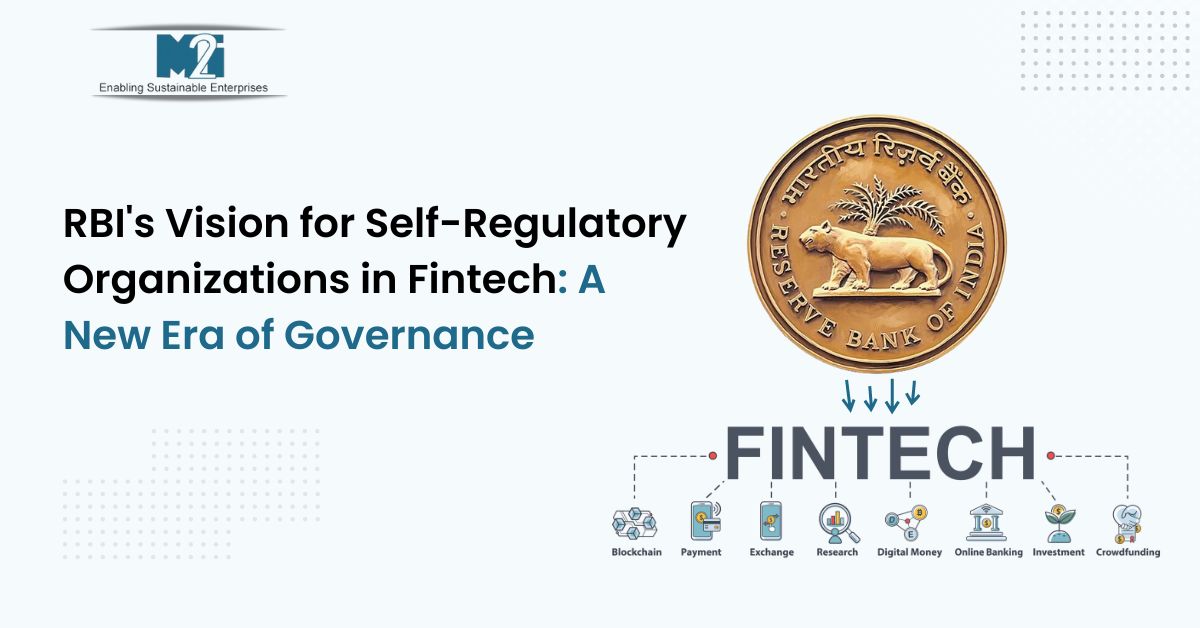
RBI's Vision for Self-Regulatory Organizations in Fintech: A New Era of Governance
In a significant move, the Reserve Bank of India (RBI) released its draft norms on January 15, outlining a visionary framework for Self-Regulatory Organizations (SROs) in the rapidly evolving fintech sector. This initiative marks a significant step towards fostering a more structured and responsible fintech ecosystem in India.
The RBI's draft norms emphasize the need for these SROs to be independent entities, free from external influences, and dedicated to the development of the sector. As legitimate arbiters of disputes, their role is crucial in maintaining a fair and equitable environment for all stakeholders.
A central tenet of these norms is that SROs should accurately represent the diverse and dynamic nature of the fintech sector. They are expected to encourage their members to adhere to regulatory priorities and act as repositories of information, thereby enhancing transparency and accountability within the sector.
Operating under the oversight of the RBI, these SROs are expected to function with objectivity, credibility, and a sense of responsibility. Their operational framework is designed to align with the broader goals of the regulatory authority, ensuring a harmonious balance between innovation and regulatory compliance.
To engage with a wide range of stakeholders and incorporate diverse perspectives, the RBI has invited comments and feedback on the draft framework from the public and relevant stakeholders by the end of February.
Regarding eligibility and membership, the draft norms stipulate that applicants must set up as not-for-profit entities, possessing adequate net worth and the capability to establish the necessary infrastructure for effectively fulfilling the responsibilities of a Fintech Self Regulatory Organisation (SRO-FT).
The SRO-FT is tasked with the critical responsibility of managing instances of 'user harm' that are either reported directly or referred by the RBI or other stakeholders. Furthermore, these organizations are restricted from establishing overseas entities or offices without prior approval from the RBI.
An inclusive approach is at the heart of these norms, as the applicant SRO-FT must represent the fintech sector comprehensively, encompassing entities of various sizes, stages, and activities. In case of inadequate representation at the time of application, a clear roadmap to achieve this inclusivity within a reasonable timeframe is mandatory.
Membership in the SRO-FT is voluntary and should predominantly consist of fintech companies. The RBI encourages fintechs to become members of a recognized SRO-FT, fostering a collaborative and self-regulating environment.
This move by the RBI is a clear indication of its commitment to nurturing a responsible and forward-looking fintech ecosystem. By establishing a framework for SROs, the RBI is paving the way for a more organized, efficient, and transparent fintech sector, poised for sustainable growth and innovation.